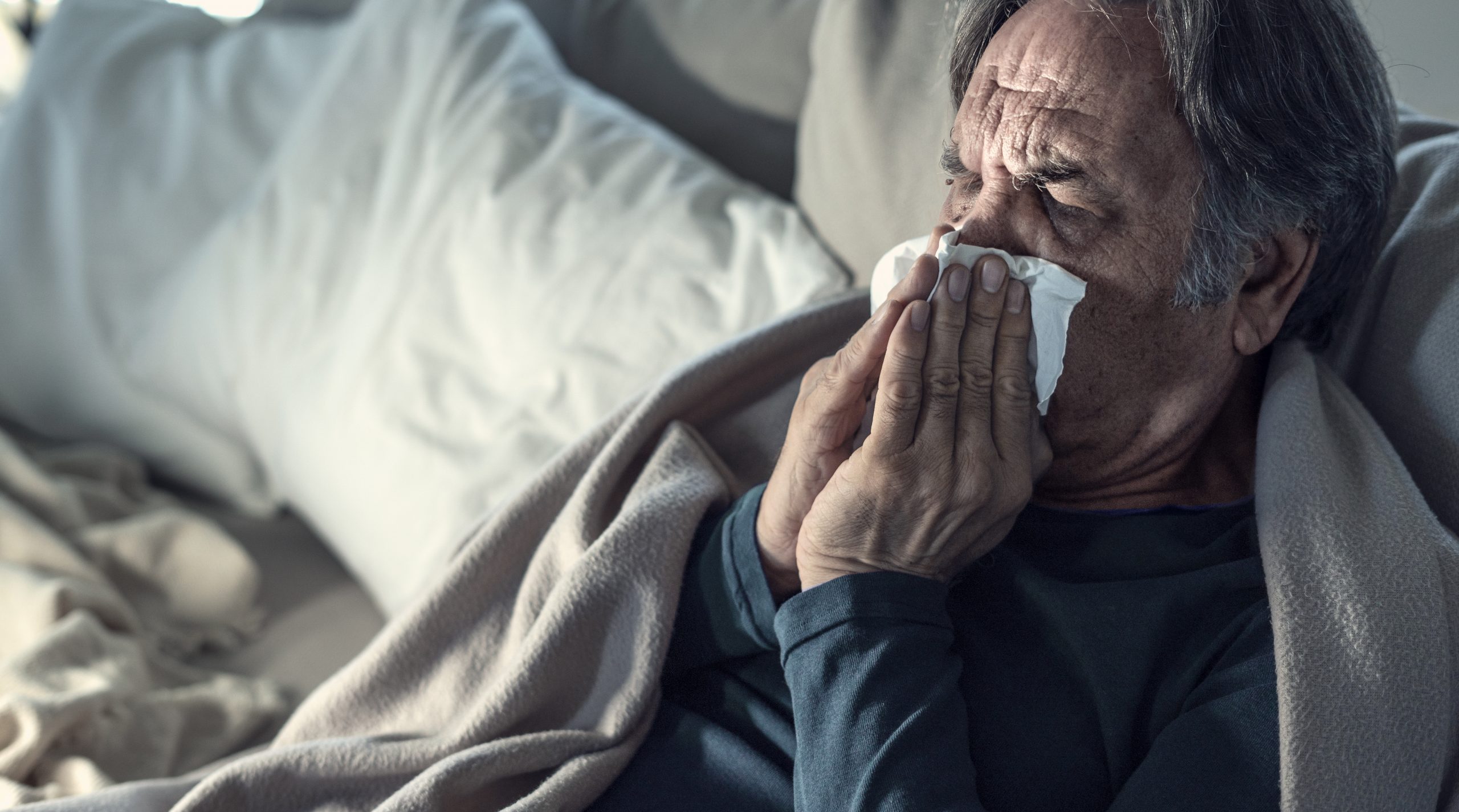Contact
- HOME
- SERVICES
- WHERE TO BEGIN
- LOCATIONS
- RESOURCES
- HEALTH PLAN SERVICES
- CAREERS
- EMPLOYEES

Winter Weather Health Alert for Seniors!
Published by Jackie Priestly on
Jan 8, 2020 9:35:00 AM
Cold weather this winter can cause new health issues as well as exacerbate many chronic conditions. Continue reading for some things to know and tips to stay safe!
Winter Weather Related Illnesses
- Hypothermia is one huge concern which develops when your body loses heat faster that it can produce heat. Hypothermia can cause your body temperature to dip below 95 degrees, per the Mayo Clinic. At that point, your heart, nervous system, and other organs can't work normally. And if hypothermia is left untreated, you can die. Your body can lose heat very quickly when it’s that cold outside.
- Frostbite is an injury that’s caused by freezing the skin and underlying tissues, is also a major issue. Exposed skin in extreme temperatures can develop frostbite very quickly—in a matter of minutes.
- Pulmonary issues are also very concerning in this kind of weather. If you have an underlying lung issue like asthma or chronic obstructive pulmonary disease (COPD). Cold air can cause your lungs to constrict and trigger an asthma attack or bronchospasms (occurs when the muscles in the walls of your airways tighten).
- Skin conditions like dry skin, eczema, and psoriasis can be made worse. The cold weather takes the moisture out of the skin, causing inflammation. This can occur immediately after cold-weather exposure, or up to two weeks later. Even if you don't have an underlying skin condition, exposing your skin to cold weather can cause it to crack, opening it up to infection.
Safety Tips
There are a few things you can do to keep yourself safe:
- Stay indoors if you can - if you don’t have to be exposed, don’t go out in it.
- Avoid caffeine and alcohol in favor of broth and warm beverages - that will help keep up your body temperature.
- If you do have to go out, cover every exposed part of your body that you can, especially areas that are more prone to losing heat quickly, like your neck, head hands, and feet.
- Cover your nose and mouth with a scarf. This helps warms the air going into your body before it reaches your airways, and lowers the odds you’ll have asthma –like symptoms when you breathe in.
- Dress in layers.
- Avoid exerting yourself while outdoors. If you do have to do chores, work slowly and take it easy. If you start to shiver, that is a sign your body is losing heat.
- If you have to drive, have an emergency kit with you that includes jumper cables, extra clothing, a first aid kit, food, and water.
- If you get stuck in your car, make sure your tailpipe isn’t covered by anything like snow. A blocked tailpipe could cause fumes to come back into the car and lease to carbon monoxide poisoning.
